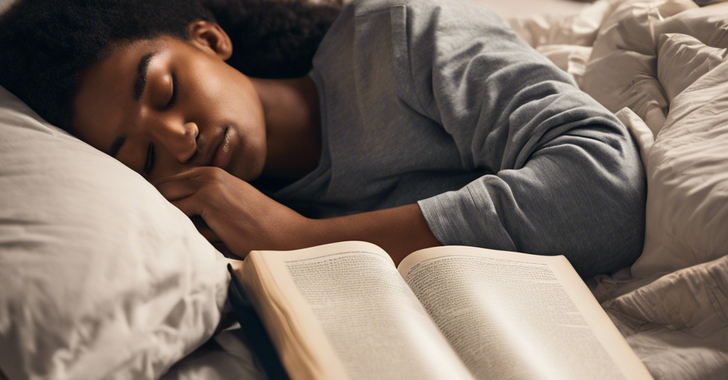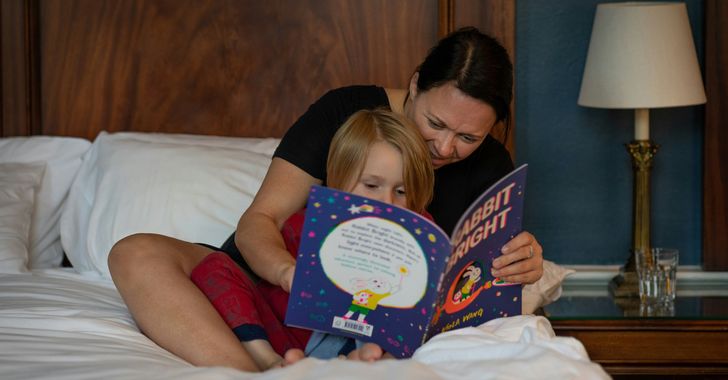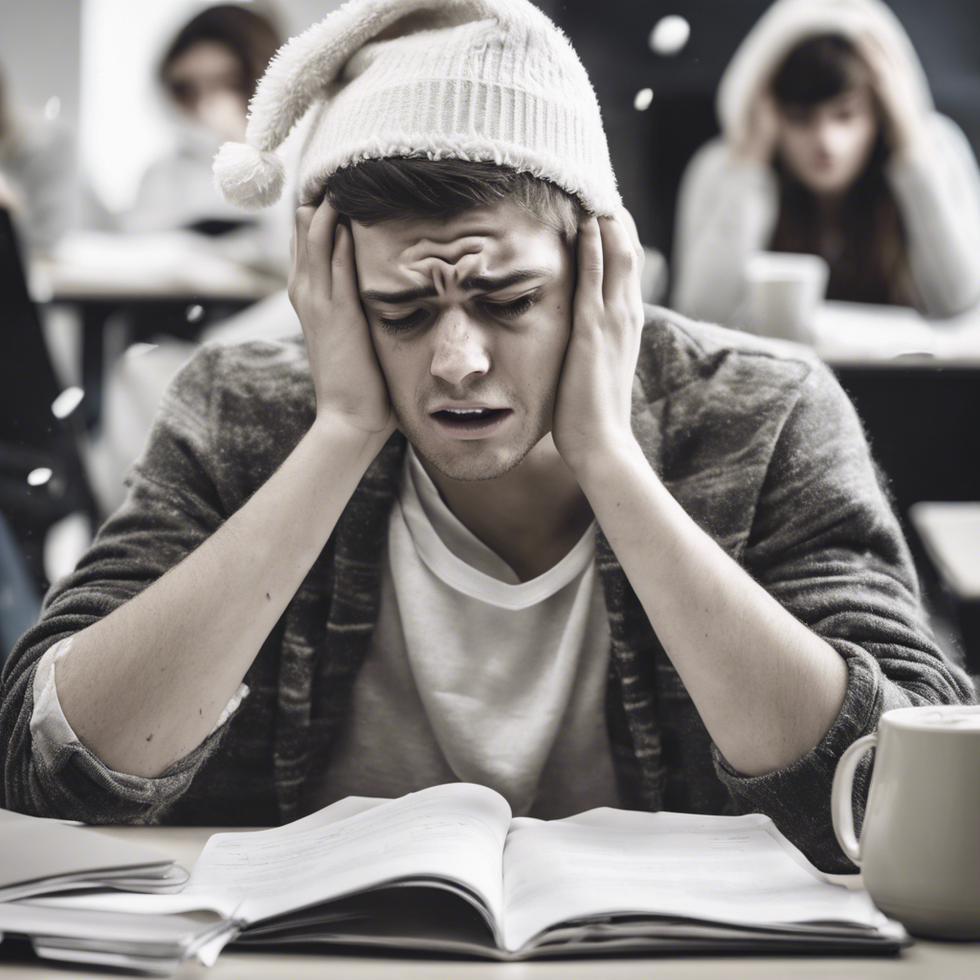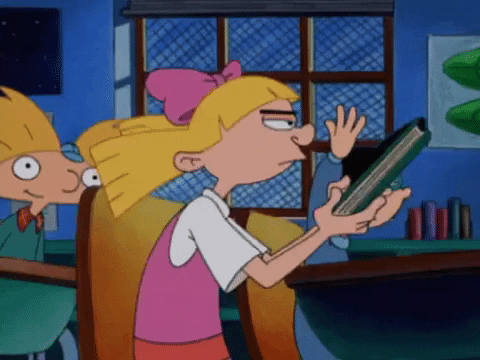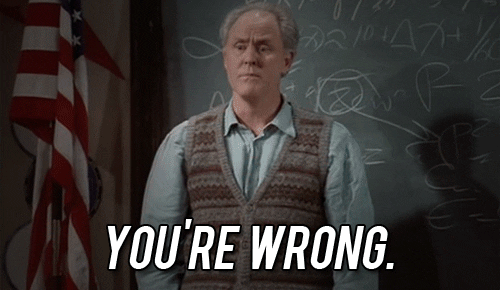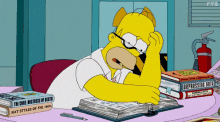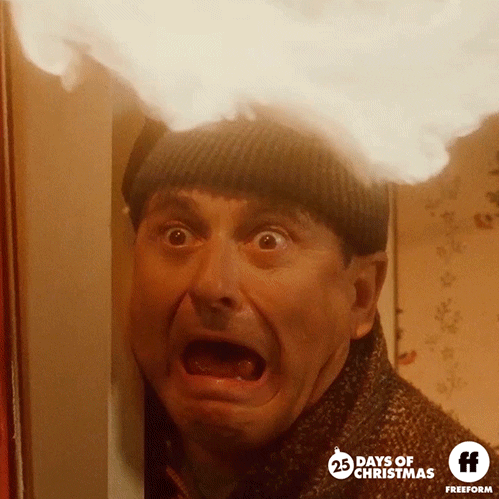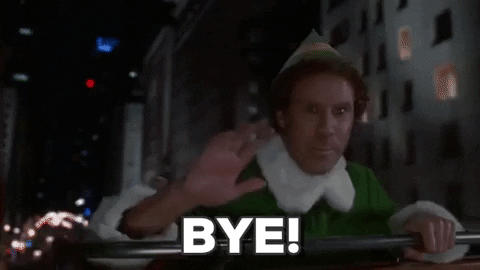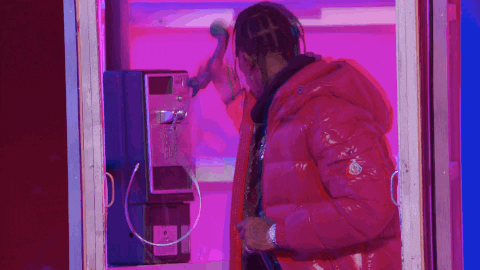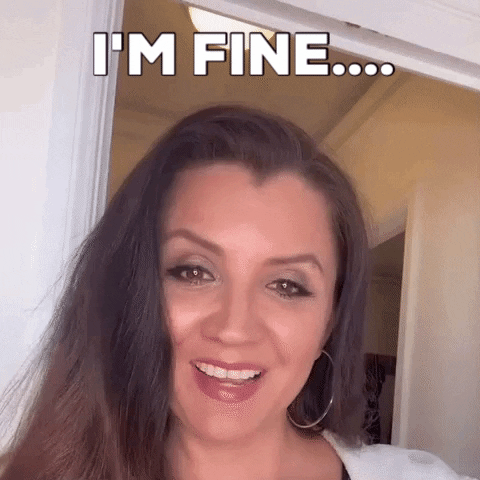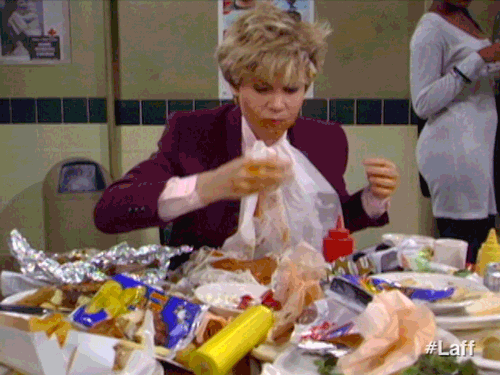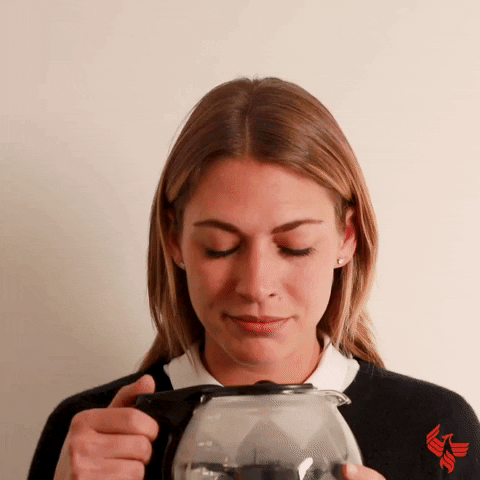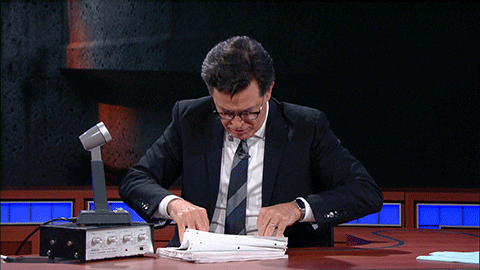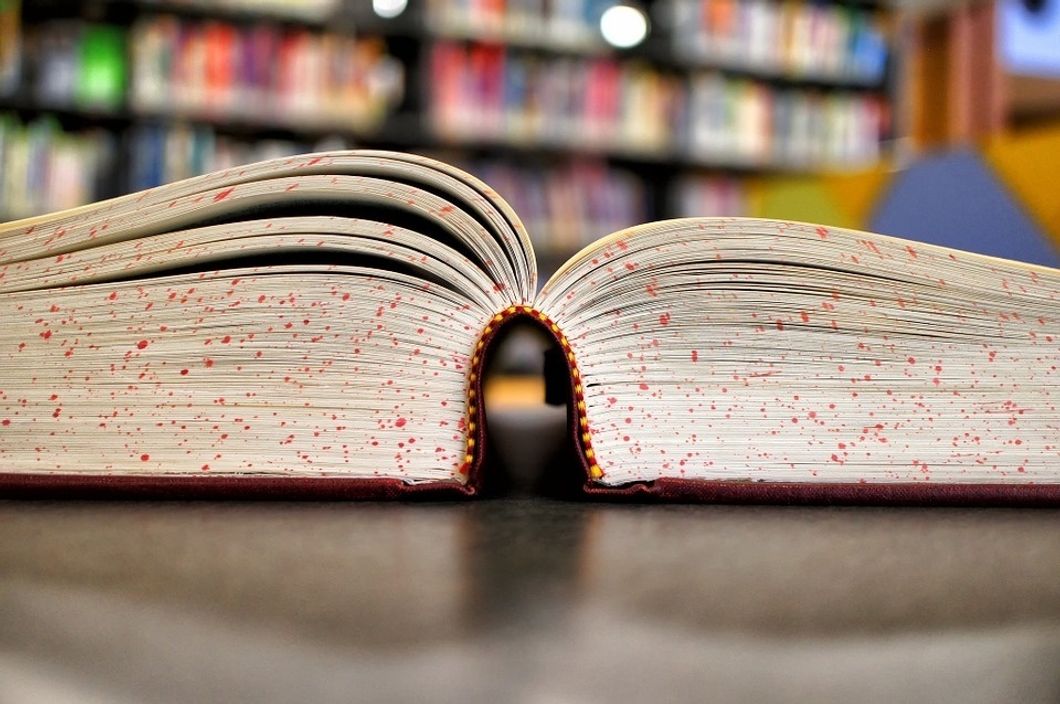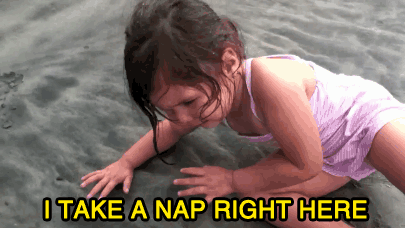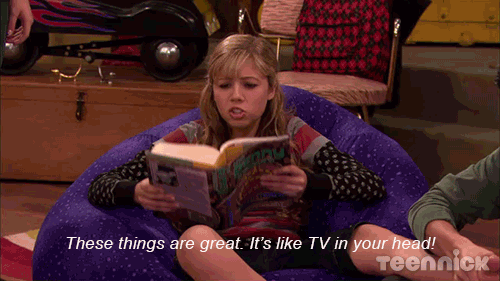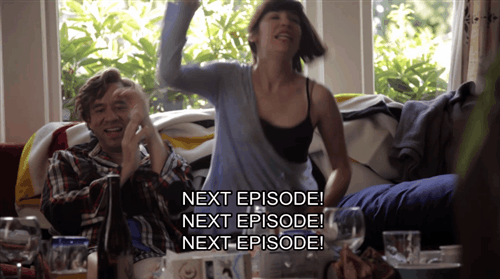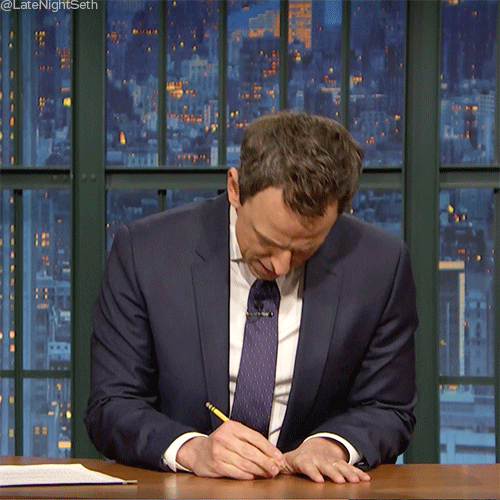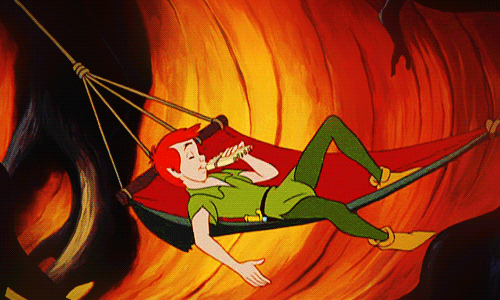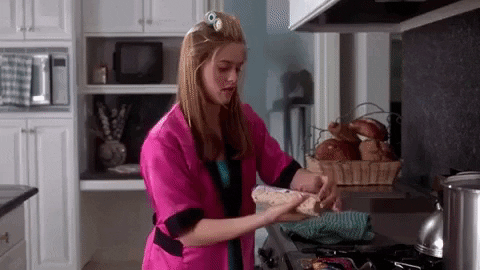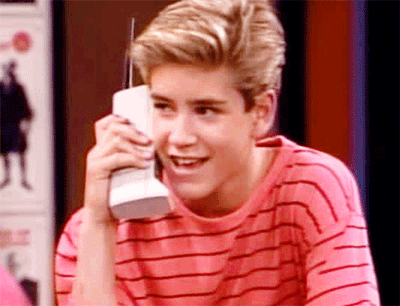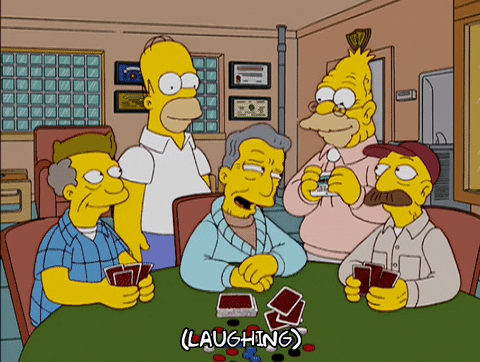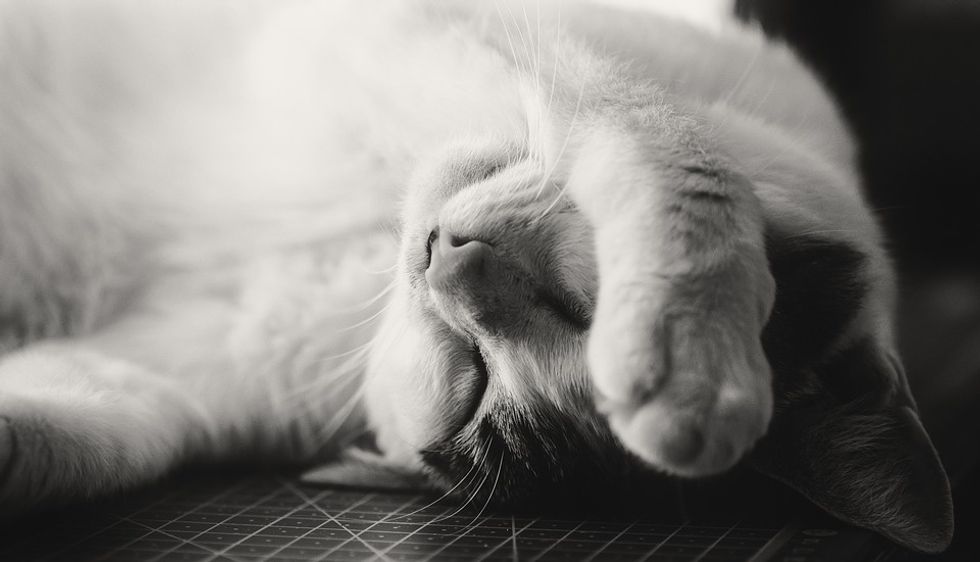Unraveling the Mystery: Why We Drift Off While Reading
Ever wonder why reading can be so exhausting? I sure have.
Ever wonder why reading can be so exhausting? I sure have.
Throughout high school I couldn't figure out why reading my textbook for homework or upcoming tests would put me to sleep. Was the material boring? Was the lighting in my room bad? Was it an actual eye issue? Was it legitimate sleep depreviation???
I remembered that growing up I always read books before bed and to this day if I can't sleep my dad always suggests reading a book. This is fairly typical for most people; kids and adults alike.
My senior year of high school I took AP Psychology and everything began to make sense. I was classically conditioned to fall asleep while reading, and you probably were too.
For those that haven't taken a psychology course and don't know what classical conditioning is...
Classical conditioning was theorized by Ivan Pavlov following an experiment he did with dogs. In summary, the experiment demonstrated how an unconditioned stimulus could become a conditioned stimulus and produce a conditioned response. In terms of our interest of how classical conditioning is linked to reading and sleeping...
Reading would begin as an unconditioned stimulus, and would not make you tired.
Sleeping would be an unconditioned response; a normal bodily function/response that is not provoked by reading.
When reading is associated with bedtime, the two become conditioned.
Reading becomes a conditioned stimulus because it is now associated with sleepiness.
Sleeping becomes a conditioned response to reading.
Thus we have been classically conditioned to fall asleep while reading as a result of reading before bed as children.
This explains why the time you and I spend reading for textbooks and articles for classes includes endless yawning and sleepiness.
It all makes sense now.


